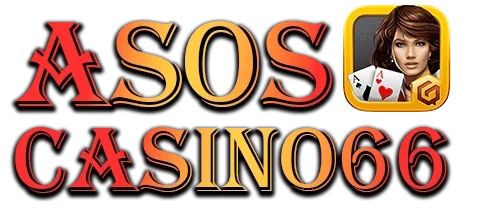Since 1994, PlayStation has been more than just a gaming brand — it’s been a cultural force. Every generation of PlayStation consoles has not only delivered the best games but also shaped how we think about entertainment, technology, and art. From living rooms to esports arenas, from cinematic bosmuda77 link storytelling to online communities, the influence of PlayStation extends far beyond the screen.
The original PlayStation changed everything. It brought gaming into mainstream culture, transforming it from a niche hobby into a global phenomenon. With CD-ROM technology, developers could tell stories with voice acting, music, and cinematics that rivaled film. Final Fantasy VII, Resident Evil, and Metal Gear Solid made gaming feel mature, emotional, and cool. PlayStation wasn’t just a console — it was a cultural awakening.
The PlayStation 2 expanded that vision. It became the best-selling console of all time and introduced gaming to millions who had never picked up a controller before. It also served as a DVD player at a time when the technology was new, turning it into a household essential. With classics like Grand Theft Auto: San Andreas, Kingdom Hearts, and Shadow of the Colossus, the PS2 era blurred the line between interactive entertainment and cinematic art.
The PSP continued that momentum on a portable scale. It became a lifestyle device, offering music, movies, and web browsing alongside the best PSP games. For many players, it was the first device that made gaming feel social and mobile. From Monster Hunter parties to online play in Resistance: Retribution, the PSP helped create communities that defined a generation of portable gaming.
The PlayStation 3 and 4 eras cemented Sony’s position as a cultural leader. Games like Uncharted, The Last of Us, and God of War elevated storytelling to new heights. These PlayStation games inspired film adaptations, art exhibitions, and academic studies. They proved that gaming could be emotional, intellectual, and culturally relevant.
The PlayStation 5 continues to evolve that legacy. With ray tracing, 3D audio, and haptic feedback, it’s not just pushing visual realism — it’s redefining how players experience emotion through technology. Meanwhile, PlayStation’s global ecosystem has united millions of players, content creators, and developers into one creative community.
Today, PlayStation isn’t just a gaming brand; it’s a cultural language. Its heroes, soundtracks, and stories resonate across generations. Whether through the emotional depth of The Last of Us, the joy of Ratchet & Clank, or the artistry of Ghost of Tsushima, PlayStation continues to shape the way the world experiences play. Its legacy isn’t just built on technology or sales — it’s built on imagination, connection, and the power to inspire.
